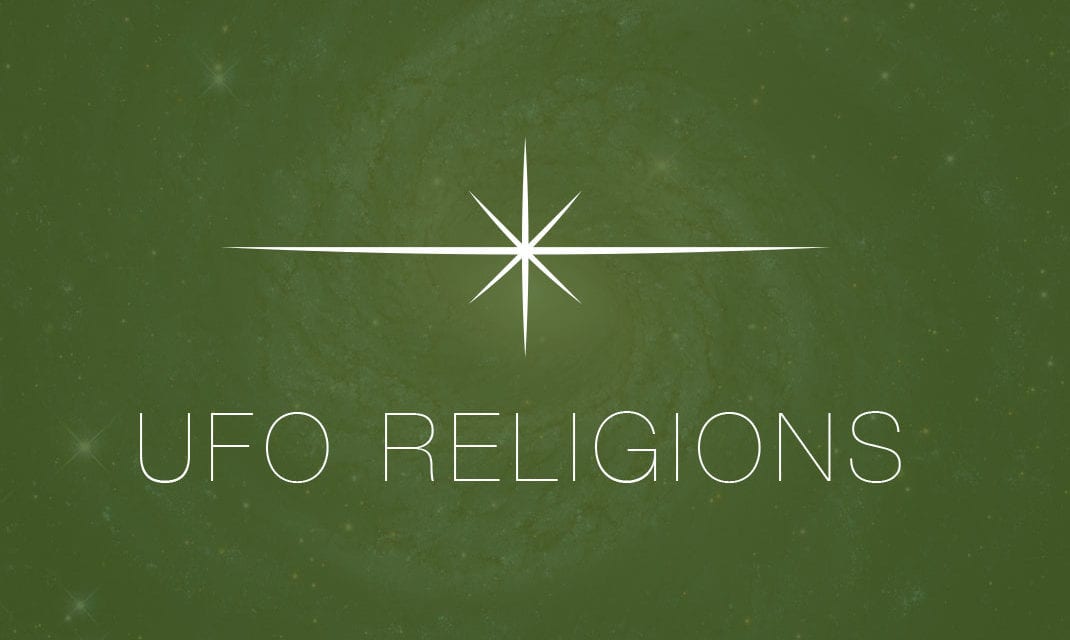Here’s the third argument as written by John Milor in his exchange with Gary Bates. My comments are inserted at MSH:
[Gary Bates}: Point 3: Since extraterrestrials would have no hope for salvation, this would mean that any ETs would be lost for eternity when this present creation is destroyed in a fervent heat (2 Peter 3:10, 12).
MSH: Gary’s argument assumes a very literal interpretation, which may or may not be the intent here. I’ll assume it is for sake of discussion. Is the language here speaking of our solar system? Our galazy? The entire universe? Doubtful in triplicate. Some reasons include the vocabulary and logic. Since “heavenly bodies” here = “the elements” (stoicheia), a term that elsewhere refers to (hostile) divine entities. The point may therefore be the destruction of demonic forces. A “natural” take here would require that Peter knows what elements are, and there is of course no biblical evidence that the disciples or anyone else in the first century knew what elements really were. However, one *could* press this language to refer to a literal apocalypse of the things ancient people presumed made up all that is (earth, wind, fire, water). But then it would likely refer only to the earth and its atmosphere, not the entire cosmos. In which case Gary’s point would be wanting. In short, this isn’t a very good argument against ET being destroyed. It;s also not a good argument against ET existing, but I don’t think that’s really Gary’s point.
Because of this, some have wondered whether Christs sacrifice might be repeated elsewhere for other beings. However, Christ died once for all (Romans 6:10, 1 Peter 3:18) on the earth. He is not going to be crucified and resurrected again on other planets (Hebrews 9:26). This is confirmed by the fact that the redeemed (earthly) church is known as Christs bride (Ephesians 5:2233; Revelation 19:79) in a marriage that will last for eternity. Christ is not going to be a polygamist with many other brides from other planets. The Bible makes no provision for God to redeem any other species, any more than to redeem fallen angels (Hebrews 2:16).
MSH: agreed.
For once, I [John Milor] actually agree with Mr. Bates, concerning Christs sacrifice not being repeated elsewhere. But where I disagree, is with Mr. Bates reasoning behind Jesus sacrifice not being repeated elsewhere, and also his conclusion that Jesus would be a polygamist if He saved other species in the cosmos.
MSH: agreed; that would be silly.
First of all, the scriptures that Mr. Bates quotes as saying that the redeemed church is earthly, (Ephesians 5:22-23; Revelation 19:7-9), do not say anything at all about the church being earthly. The Bride of Christ is simply all those who believe in Jesus, and no restriction is mentioned in scripture about where they come from, or what species they are.
MSH: This goes beyond silly; it’s wacky if I must say so. It requires readers to believe that, in biblical theology, the church, the Body of Christ, was *not* exclusively human-focused. Not only is that an argument from silence (where are the verses that mention the non-humans included in the church?), it runs contrary to a number of passages and theological considerations.
1. Ephesians 1:7 and Ephesians 5:2 make it clear that humanity is the object of redemption (“us”; “our transgression” – not “them” or “ETs transgressions”).
2. The point of the incarnation was identification with humanity; as is the whole point of the kinsman redeemer theology of the Bible is identification with humanity (the incarnation was what made Yahweh a kinsman-redeemer for humanity; he became a human, not an ET).
3. Paul links humanity (“your bodies”) to the body of Christ in 1 Cor 6:15.
4. In 1 Cor 12:27 Paul tells the (human) Corinthians that they were the body of Christ and individually members of it. He goes on to add that God appointed for that body apostles, prophets, teachers, etc. I wonder why he didn’t say God also appointed those things to ETs? because it wasn’t even in his mind. These “appointees” were supposed to “equip the saints for the work of the ministry, for building up the body of Christ” (Eph. 4:12). If the body of Christ included ETs, I wonder which ancient apostles, prophet, teacher, etc. went to the ETs and how he got there (when the earthy apostles had to do their work by walking and ship voyages).
I think I’ll stop here. This is just plain wacky.
After Mr. Bates three main points, none of which disprove the existence of extraterrestrials, he then attempts to refute a well known scripture that some UFOlogists have used to support the possibility of extraterrestrial life, which is John 10:16. Jesus is quoted as saying I have other sheep, which are not of this fold; I must bring them also, and they will hear My voice; and they will become one flock with one shepherd. To this, Mr. Bates states the following:
However, even an ET-believing astronomer at the Vatican (thus a hostile witness to the no ETs cause), a Jesuit priest by the name of Guy Consalmagno, concedes, In context, these other sheep are presumably a reference to the Gentiles, not extraterrestrials. Jesus teaching was causing division among the Jews (vs. 19) because they always believed that salvation from God was for them alone. Jesus was reaffirming that He would be the Savior of all mankind.
Just because a Jesuit priest at the Vatican has an opinion about what this particular scripture means within its context, doesnt mean his opinion is infallible. I believe that scripture is infallible, but I trust no one persons interpretation of scripture, including my own, as being infallible. I do agree that Jesus was talking about Gentiles, but He may have also been talking about extraterrestrials as well.





